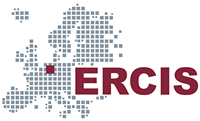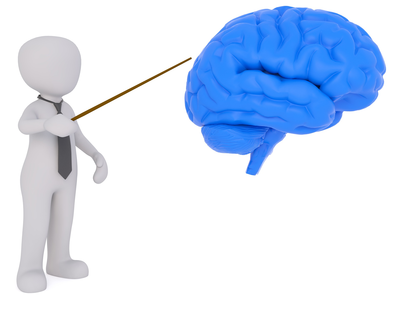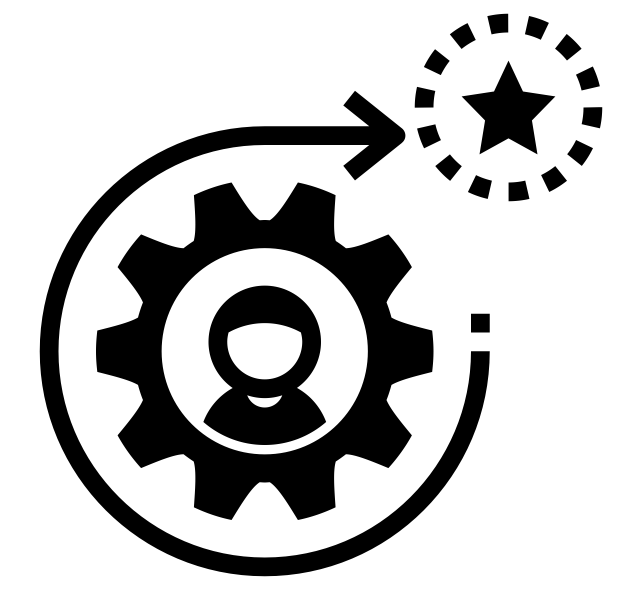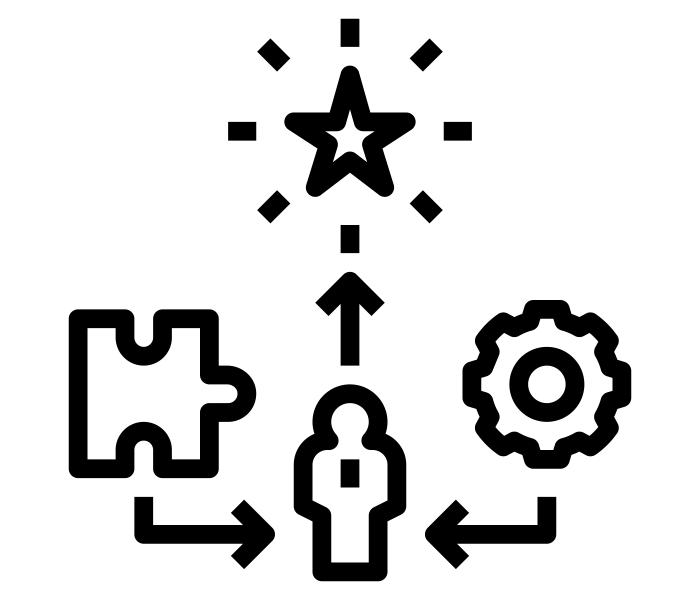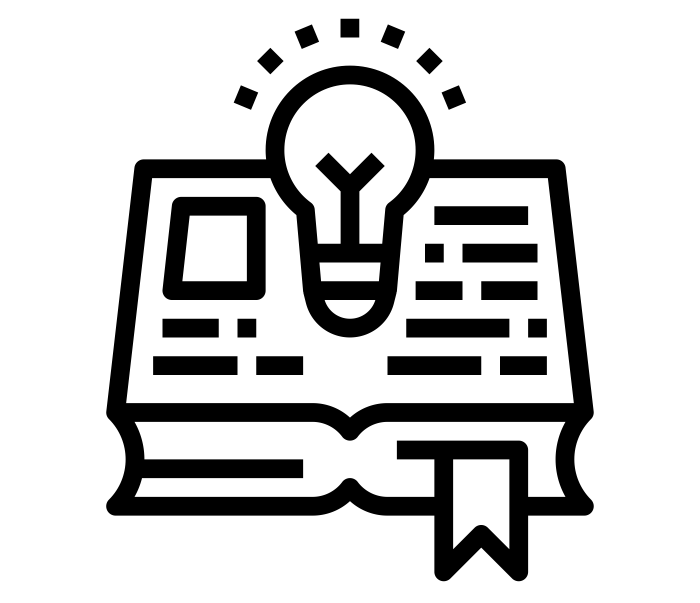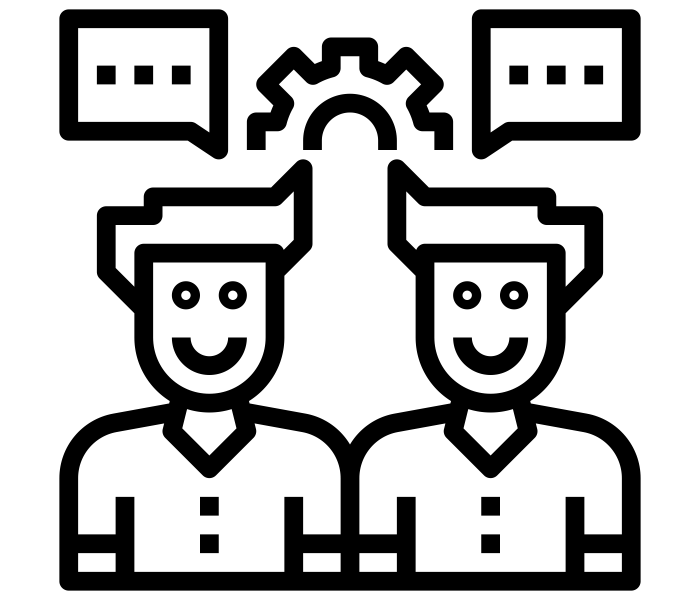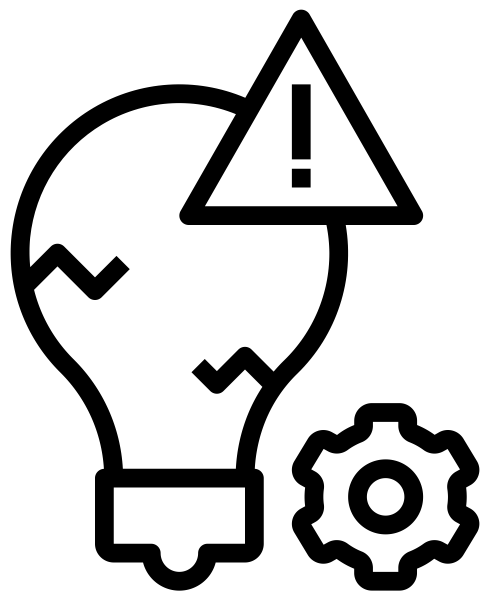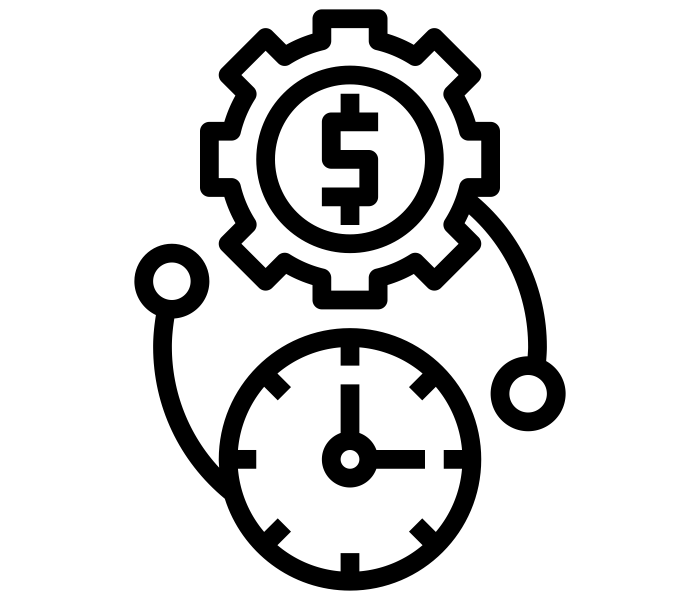Teaching Statement
(Usage hints for this presentation)
Summer Term 2023
Dr. Jens Lechtenbörger (License Information)
Learning

“Learning” by lastspark under CC BY 3.0 US; cropped from the Noun Project
Brain ≈ Muscle
Learning involves brain’s long term memory
- Long term memory needs repeated retrieval and practice
- Spaced out over time
- Effect: Changes in brain’s neural connections
- (Learning does not happen [solely] in lectures)
(See [Huang2019])
Deliberate Practice
Characteristics of Deliberate Practice to acquire expert skills ([Eri08], see also [EKT93],[SEI14])
![training]()
“training” by Nithinan Tatah under CC BY 3.0 US; cropped from the Noun Project
- Task with well-defined goal
- Individual motivated to improve
- Feedback on current performance
- Ample opportunities for repetition and gradual refinements
(Traditional lecturing is “teaching by telling”, does not share any characteristic of Deliberate Practice)
Active Learning
Active Learning increases student performance in science, engineering, and mathematics ([FEM+14])
![experience]()
“experience” by Nithinan Tatah under CC BY 3.0 US; cropped from the Noun Project
- Active Learning is an umbrella term for diverse
interventions
- Group problem-solving
- Worksheets or tutorials completed during class
- Use of personal response systems with or without peer instruction
- Studio or workshop course designs
- Notice: Above interventions share several characteristics of Deliberate Practice
- Active Learning is an umbrella term for diverse
interventions
Teaching
Flipped Approaches
- In-class and at-home events flipped [BV13],[BRK+21]
Individual computer-based instruction paired with active learning in class
![expert]()
“expert” by pongsakorn under CC BY 3.0 US; cropped from the Noun Project
- Individual learning shaped by individual background and preferences
- “Lectures” to discuss questions and work on exercises
Benefits
![dialogue]()
“dialogue” by Template under CC BY 3.0 US; cropped from the Noun Project
- Better preparation of in-class meetings
- Reduced cognitive load during initial instruction
- Greater cognitive capacity in class
- Valuable/limited shared time is used more effectively for student-instructor interactions
- Better preparation of in-class meetings
Research on Flipped Learning
[KHG+22]: “Fail, flip, fix, and feed – Rethinking flipped learning: A review of meta-analyses and a subsequent meta-analysis”
![mistake]()
“mistake” by Kamin Ginkaew under CC BY 3.0 US; cropped from the Noun Project
- Arrange process with Fail, Flip, Fix, and Feed
- Fail: Let students try to solve novel problems even if they fail (before instruction)
- Let us try this!
- Arrange process with Fail, Flip, Fix, and Feed
Notes on Flipping
Clearly, flipping requires your preparation
![Productivity]()
“Productivity” by Template under CC BY 3.0 US; cropped from the Noun Project
- Some students find that after being prepared, they do not need
our class meetings at all
- This is fine
- (In-class discussions might still offer benefits: switch role and learn as instructor, identify misconceptions)
- Other students find that class meetings are a waste of time if
they are not prepared
- I agree: If you are not prepared, then it probably makes more sense to use the session time for self-study than to attend the session
- Some students find that after being prepared, they do not need
our class meetings at all
Notes on Active Learning
- Quote by Louis Deslauriers, author of study [D+19] on actual learning vs feeling of learning:
Please, do not misinterpret your efforts as signs of poor learning
![mistake]()
“mistake” by Kamin Ginkaew under CC BY 3.0 US; cropped from the Noun Project
- Please, ask early, in our forum, a shared document, during
sessions
- (Q&A on class topics should take place in shared spaces, might be anonymous; other topics might require private spaces)
- Please, ask early, in our forum, a shared document, during
sessions
The Beginning
- Lots of questions
- Why do you attend sessions?
- On campus or online?
- Why would you like to come to campus?
- Is everything fine as it is?
- How should learning at a university look like?
- Why do you attend sessions?
- Please share your answers
- Maybe anonymously in the shared pad for our first session
Bibliography
- [BRK+21] Bredow, Roehling, Knorp & Sweet, To Flip or Not to Flip? A Meta-Analysis of the Efficacy of Flipped Learning in Higher Education, Review of Educational Research 91(6), (2021). https://doi.org/10.3102/00346543211019122
- [BV13] Bishop & Verleger, The flipped classroom: A survey of the research, in: ASEE National Conference Proceedings, Atlanta, GA, 2013. https://www.asee.org/public/conferences/20/papers/6219/download
- [D+19] Deslauriers, McCarty, Miller, Callaghan & Kestin, Measuring actual learning versus feeling of learning in response to being actively engaged in the classroom, Proceedings of the National Academy of Sciences 116(39), 19251-19257 (2019). https://www.pnas.org/content/116/39/19251
- [EKT93] Ericsson, Krampe & Tesch-Römer, The role of deliberate practice in the acquisition of expert performance, Psychological review 100(3), 363 (1993). http://projects.ict.usc.edu/itw/gel/EricssonDeliberatePracticePR93.PDF
- [Eri08] Ericsson, Deliberate practice and acquisition of expert performance: a general overview, Acad Emerg Med 15(11), 988-994 (2008). https://www.onlinelibrary.wiley.com/doi/full/10.1111/j.1553-2712.2008.00227.x
- [FEM+14] Freeman, Eddy, McDonough, Smith, Okoroafor, Jordt & Wenderoth, Active learning increases student performance in science, engineering, and mathematics, Proceedings of the National Academy of Sciences 111(23), 8410-8415 (2014). https://www.pnas.org/content/111/23/8410
- [Huang2019] Huang, Don't lecture me! A discussion of active learning with Nobel laureate Carl Wieman, Nature , (2019). https://www.nature.com/articles/d42473-019-00339-6
- [KHG+22] Kapur, Hattie, Grossman & Sinha, Fail, flip, fix, and feed – Rethinking flipped learning: A review of meta-analyses and a subsequent meta-analysis, Frontiers in Education 7, (2022). https://www.frontiersin.org/articles/10.3389/feduc.2022.956416
- [Lec17] Lechtenbörger, Bericht zu JiTT@OperatingSystems, 2017. https://www.stifterverband.org/lehrfellows/2016/lechtenboerger
- [SEI14] Course Transformation Guide, UBC and CU Science Education Initiatives, 2014. http://www.cwsei.ubc.ca/resources/files/CourseTransformationGuide_CWSEI_CU-SEI.pdf
License Information
Source code and source files for this OER presentation are available on GitLab under free/libre licenses.
Except where otherwise noted, the work “Teaching Statement”, © 2021, 2023 Jens Lechtenbörger, is published under the Creative Commons license CC BY-SA 4.0.
In particular, trademark rights are not licensed under this license. Thus, rights concerning third party logos (e.g., on the title slide) and other (trade-) marks (e.g., “Creative Commons” itself) remain with their respective holders.
